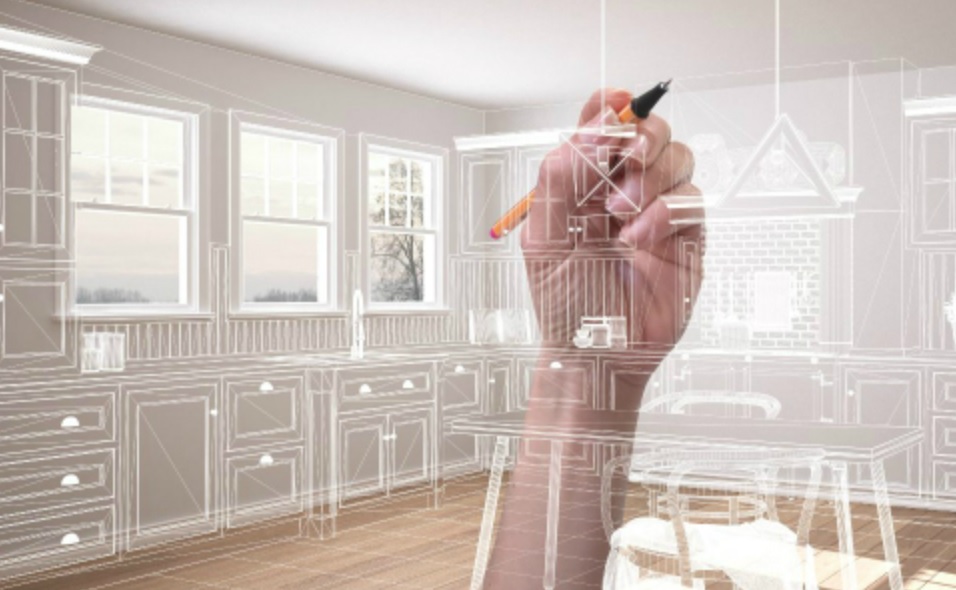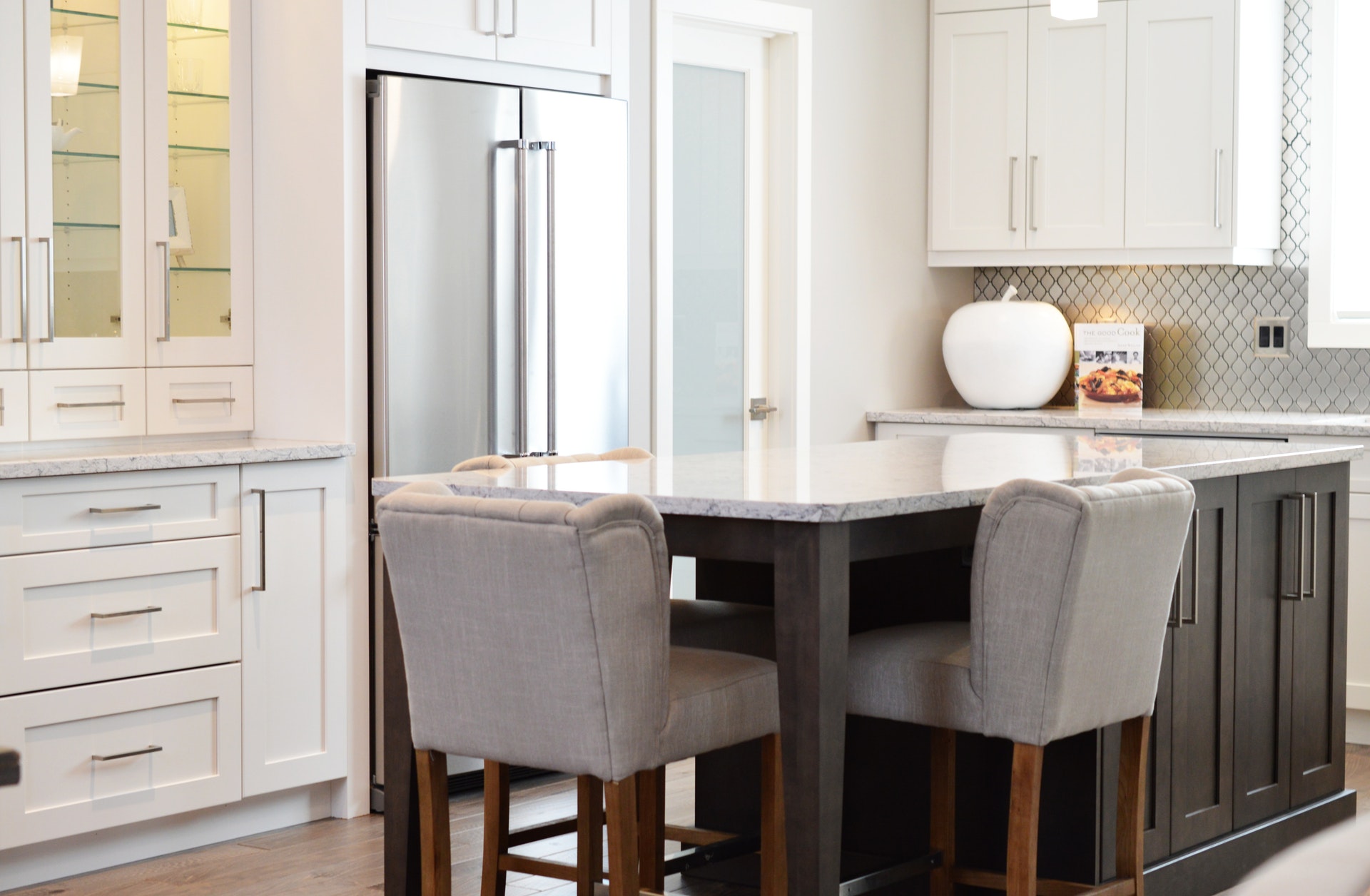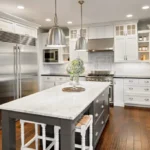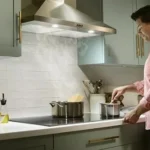
Content
Introduction
Renovating a kitchen can be a daunting task, but with the right guidance and tools, you can transform your space into a dream kitchen. This article provides expert tips and a step-by-step guide for a successful DIY kitchen renovation. By following these tips, you can achieve a professional finish while saving money and adding value to your home.
Planning Your DIY Kitchen Renovation
Understanding Your Goals
Before you start your renovation, it’s essential to understand your goals. Ask yourself:
- What do I want to achieve with this renovation?
- How will the renovation improve the functionality and aesthetics of my kitchen?
Setting a Budget
Setting a realistic budget is crucial for any renovation project. Consider the following:
- Determine your overall budget and allocate funds for different aspects of the renovation.
- Include a contingency fund for unexpected expenses.
Creating a Timeline
Creating a timeline will help keep your project on track. Follow these steps:
- Outline a detailed renovation timeline.
- Include all major tasks and set deadlines for each phase.
- Be flexible but try to stick to the schedule as closely as possible.
Essential Tools and Materials
Must-Have Tools for DIY Kitchen Renovation
When embarking on a DIY kitchen renovation, having the right tools and materials is crucial for a successful and efficient project. Essential tools include a tape measure for precise measurements, a level to ensure everything is straight, and a cordless drill for easy drilling and driving screws. A jigsaw or circular saw will help with cutting materials, while a utility knife is perfect for trimming and making quick cuts. Additionally, a set of screwdrivers and a hammer are fundamental for assembly and adjustments. For materials, you’ll need high-quality wood or MDF for cabinets, durable paint or stain for finishing, and various hardware like hinges, handles, and screws. Investing in these must-have tools and materials will streamline your renovation process and contribute to a professional-looking finish.
Materials You Will Need
Common materials for a DIY kitchen renovation include:
- Cabinets
- Countertops
- Flooring
- Backsplash tiles
- Paint
Safety Gear
Safety should be a top priority. Make sure you have the necessary safety gear, such as:
- Gloves
- Goggles
- Dust masks
Step-by-Step Guide to DIY Kitchen Renovation
Demolition and Prep Work
Clearing Out the Old
Start by removing old fixtures and appliances:
- Carefully disconnect and remove old appliances.
- Remove cabinets, countertops, and backsplash tiles.
- Dispose of old materials responsibly.
Preparing the Space
Prepare the kitchen for renovation by:
- Cleaning and patching walls.
- Ensuring the subfloor is level and clean.
- Marking the layout for new fixtures.
Cabinet Installation
Choosing the Right Cabinets
When selecting cabinets, consider:
- Your budget and style preferences.
- The quality and durability of the materials.
Installation Tips
Follow these steps for a successful cabinet installation:
- Assemble cabinets according to the manufacturer’s instructions.
- Use a level to ensure cabinets are installed straight.
- Secure cabinets to the wall studs.
Countertops and Backsplashes
Selecting the Perfect Countertop
Choose the right countertop material for your needs:
- Granite: Durable and heat-resistant.
- Laminate: Affordable and easy to maintain.
- Quartz: Non-porous and low maintenance.
Installing Your Countertop
Install the countertop with these steps:
- Measure and cut the countertop to fit.
- Secure the countertop to the base cabinets.
- Seal any gaps to prevent water damage.
Adding a Backsplash
To add a backsplash:
- Select a material that complements your kitchen design.
- Measure and cut tiles to fit the space.
- Apply adhesive and place the tiles, ensuring they are level.
Flooring Options and Installation
Choosing Durable Flooring
Select a flooring material that suits your kitchen:
- Tile: Durable and water-resistant.
- Vinyl: Affordable and easy to install.
- Hardwood: Adds warmth but may require more maintenance.
Installing Your New Floor
Follow these steps for flooring installation:
- Prepare the subfloor by cleaning and leveling it.
- Lay out the flooring according to the manufacturer’s instructions.
- Secure the flooring and trim any excess material.
Final Touches
Lighting Upgrades
Upgrade your kitchen lighting with:
- Task lighting for work areas.
- Ambient lighting for overall illumination.
- Accent lighting to highlight features.
Painting and Finishing
For a professional paint finish:
- Choose high-quality paint suitable for kitchens.
- Use painter’s tape to protect edges.
- Apply multiple coats for even coverage.
Installing Hardware and Accessories
Complete your renovation by:
- Installing new cabinet hardware, such as handles and knobs.
- Adding accessories like faucets and sinks.
Common Mistakes to Avoid in DIY Kitchen Renovation
Skipping the Planning Phase
Proper planning is crucial. Avoid rushing into the renovation without a solid plan.
Underestimating Costs
Be realistic about your budget. Unexpected expenses can arise, so having a contingency fund is essential.
Ignoring Safety Precautions
Always prioritize safety. Use the necessary safety gear and follow safety guidelines to prevent accidents.
Conclusion
By following this guide, you can successfully complete your DIY kitchen renovation and transform your space into a beautiful and functional kitchen. Remember to plan carefully, stick to your budget, and take your time to ensure a professional finish. With these expert tips, you’ll be able to enjoy a kitchen that not only looks great but also meets your needs and preferences.
FAQs
What is the average cost of a DIY kitchen renovation?
The cost can vary widely depending on the scope of the project and the materials used. On average, a DIY kitchen renovation can range from $5,000 to $15,000. Setting a realistic budget and planning for unexpected expenses can help you manage costs effectively.
How long does a DIY kitchen renovation typically take?
The duration of a DIY kitchen renovation can vary based on the project’s complexity and your availability. On average, a complete renovation can take anywhere from 4 to 8 weeks. Creating a detailed timeline and sticking to it can help you complete the project efficiently.
What are the best materials for a budget-friendly renovation?
For a budget-friendly renovation, consider using materials like laminate countertops, vinyl flooring, and pre-assembled cabinets. These materials are affordable, easy to install, and available in various styles and finishes.
Can I do a kitchen renovation by myself, or do I need professional help?
While a DIY kitchen renovation can be done by yourself, certain tasks may require professional assistance, such as electrical work and plumbing. Assess your skills and comfort level before starting the project, and don’t hesitate to seek professional help when needed to ensure safety and quality.

Shery Walls is a dedicated home blogger who has been blogging for over six years. She covers everything home related. Shery also loves writing posts about her travels to Europe with her husband and two children.












